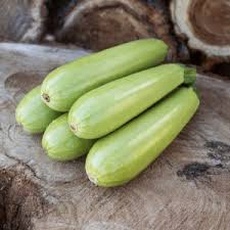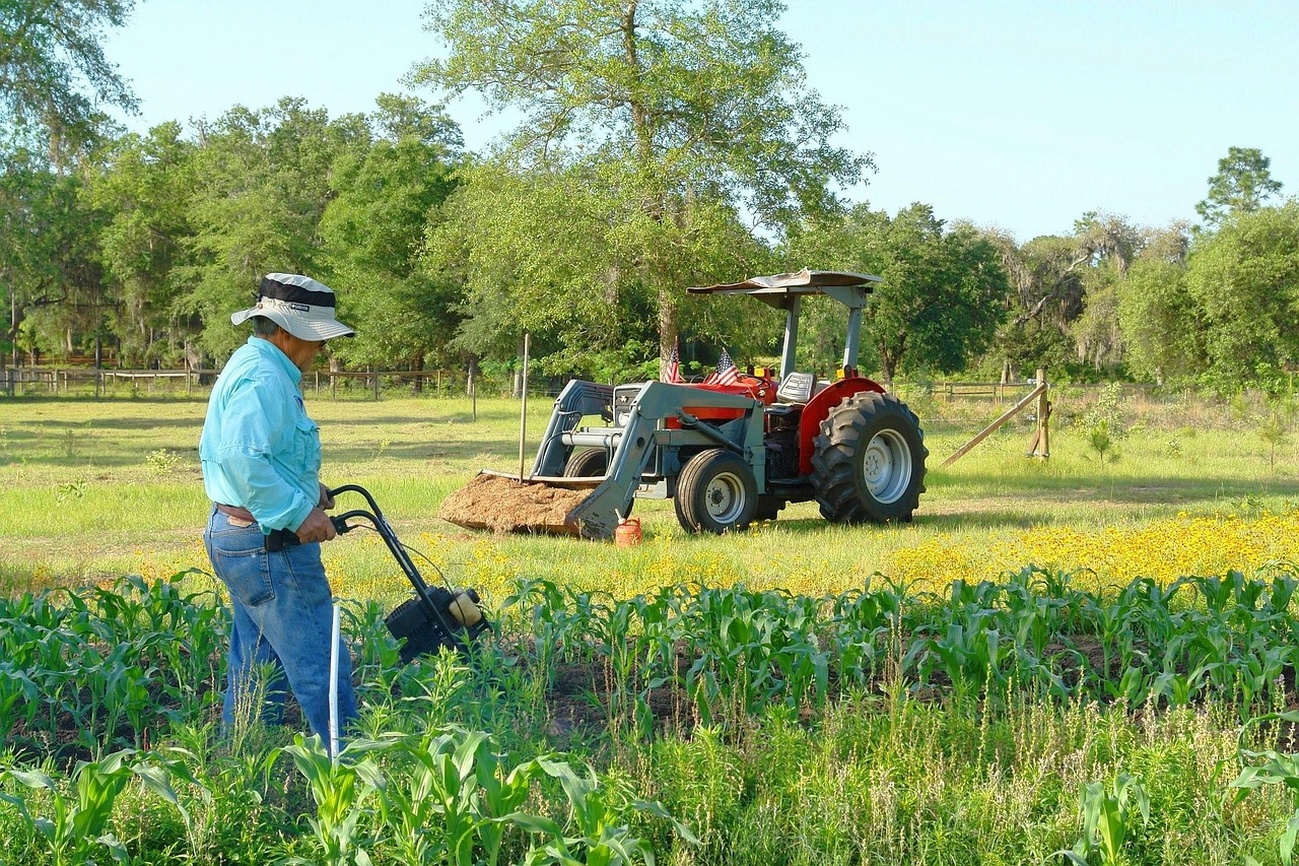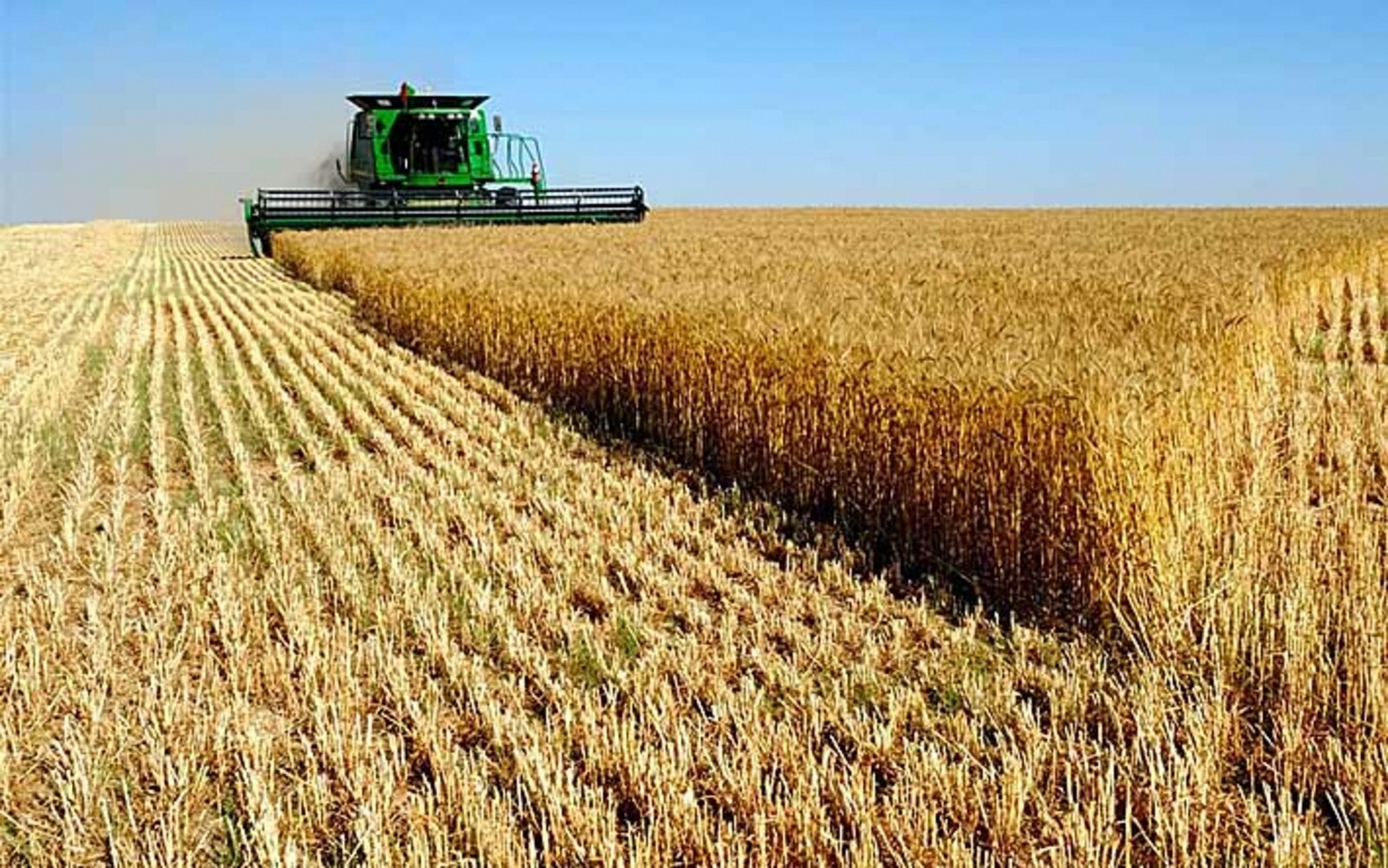Essential Farming Tips
Soil Preparation Fundamental
The foundation of successful farming lies in proper soil preparation. Begin by conducting a comprehensive soil test to determine pH levels and nutrient content. Implement organic matter incorporation through cover cropping and composting to improve soil structure. Regular soil testing helps monitor nutrient levels and guides fertilization decisions.
- Test soil pH and nutrients
- Add organic matter
- Maintain proper drainage
Water Management Advanced
Efficient water management is crucial for crop success. Implement drip irrigation systems for precise water delivery. Monitor soil moisture levels regularly and adjust irrigation schedules based on weather conditions and crop requirements. Consider installing rainwater harvesting systems to supplement irrigation needs.
- Install efficient irrigation
- Monitor soil moisture
- Practice water conservation
Pest Management Important
Implement integrated pest management (IPM) strategies to protect crops naturally. Use companion planting to deter pests and attract beneficial insects. Regular monitoring helps identify pest issues early. Consider biological controls before resorting to chemical treatments.
- Monitor pest populations
- Use natural deterrents
- Maintain biodiversity
Seasonal Growing Guide
Summer Planting Guide
Summer is ideal for growing heat-loving crops. Focus on proper irrigation and sun protection for sensitive plants. Key summer crops include tomatoes, peppers, eggplants, and sweet corn. Implement proper mulching techniques to retain soil moisture and suppress weed growth.

Autumn Planting Guide
Autumn is perfect for cool-season crops and preparing for winter harvests. Plant root vegetables and leafy greens that can withstand mild frosts. Focus on soil preparation and implementing frost protection measures as needed.

Winter Planting Guide
Winter is the time for hardy vegetables and greenhouse cultivation. Focus on frost-resistant varieties and proper protection methods. Consider using cold frames or tunnels to extend the growing season.

Spring Planting Guide
Spring is the season of new beginnings. Start early crops and prepare seedlings for summer. Focus on soil preparation and implementing proper succession planting techniques for continuous harvests.

Expert Farming Advice
Soil Management
Effective soil management is the cornerstone of successful farming. Regular soil testing provides crucial information about nutrient levels and pH balance. Implement organic matter incorporation through cover cropping and composting to improve soil structure. Maintain proper drainage to prevent waterlogging and root diseases.
Crop Rotation
Strategic crop rotation helps maintain soil fertility and prevent pest and disease buildup. Plan rotations considering plant families and nutrient requirements. Include nitrogen-fixing legumes in your rotation to naturally enrich soil fertility.
Organic Practices
Implement organic farming practices to build sustainable agricultural systems. Use natural pest control methods, maintain biodiversity, and focus on soil health through organic amendments.


